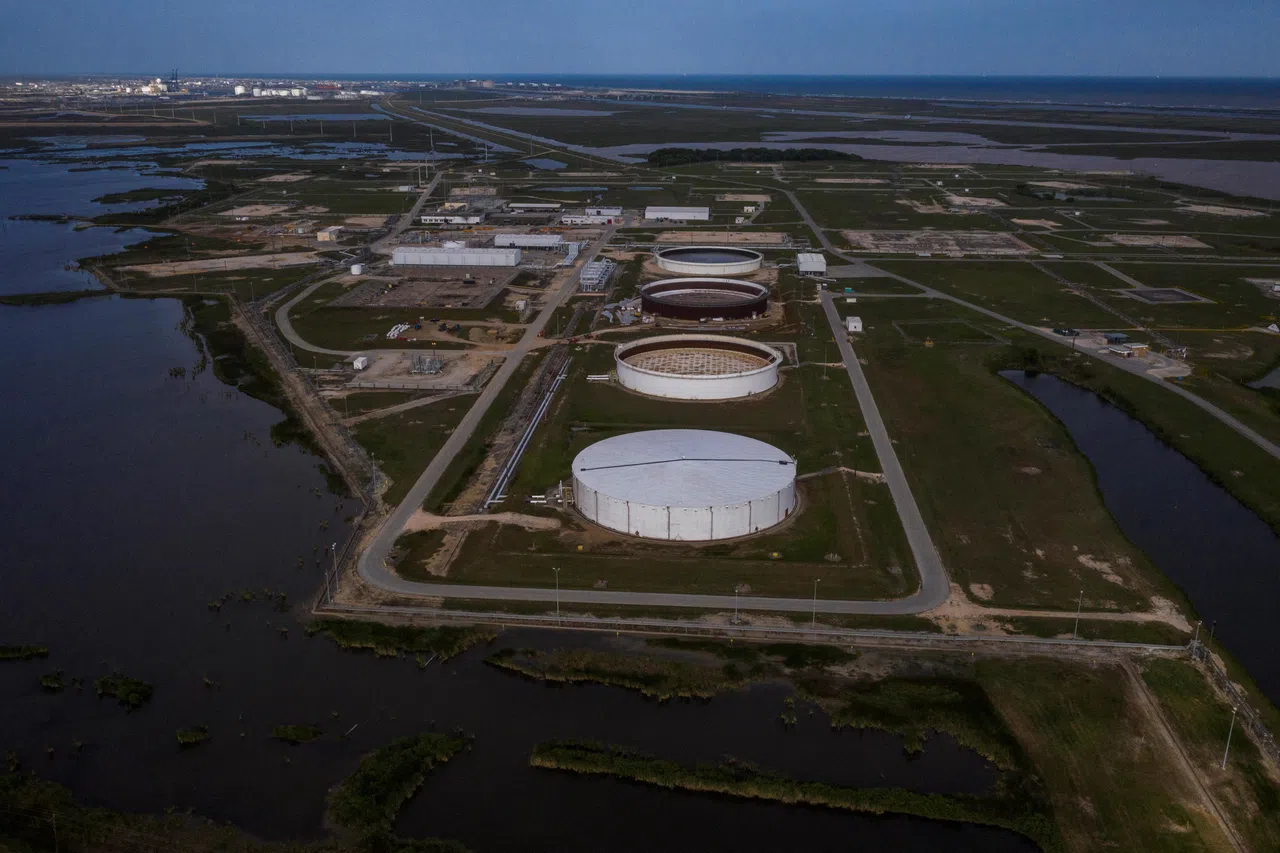Global oil demand growth slowed to its weakest in more than a year last quarter as the post-pandemic rebound in China fades, the International Energy Agency said.
World consumption increased by just 710,000 barrels a day in the second quarter – the smallest gain since late 2022 – while China slipped into a marginal contraction, the agency said in its monthly report on Thursday (Jul 11). For 2024 and 2025, global demand remains on track to grow each year by less than 1 million barrels a day.
Slackening fuel use is being comfortably met by a flood of new supply from the US and other parts of the Americas, according to the IEA. As a result, inventories swelled for four months through May to reach their highest since mid-2021.
“World oil demand continues to decelerate,” said the Paris-based agency, which advises most major economies. “Chinese consumption contracted, as the country’s post-pandemic rebound has run its course.”
Still, most other forecasters in the oil industry – from trading houses to Wall Street banks – see a stronger picture of consumption, and crude prices continue to trade near US$85 a barrel in London. A seasonal ramp up in demand for driving fuels is helping whittle stockpiles in the US, still the biggest consumer.
The IEA’s estimates suggest that strength may not last.
BT in your inbox
Start and end each day with the latest news stories and analyses delivered straight to your inbox.
Global inventories should be broadly balanced in the fourth quarter, even if the Opec+ alliance led by Saudi Arabia reneges on plans to restore production, according to the agency. Markets should tip into surplus for most of next year, it projects.
“After the hot summer, cooler trends are set to prevail,” the IEA said.
World demand growth of just below 1 million barrels a day, or less than 1 per cent, for this year and next comes as “subpar economic growth, greater efficiencies and vehicle electrification act as headwinds.”
In longer-term reports, the IEA has predicted that world oil demand will stop growing before the end of the decade as countries shift away from fossil fuels in an effort to avoid catastrophic climate change.
Its outlook has been criticised by many in the industry, but received support on Wednesday from oil major BP, which forecast that the plateau for consumption could arrive as early as next year. BLOOMBERG






